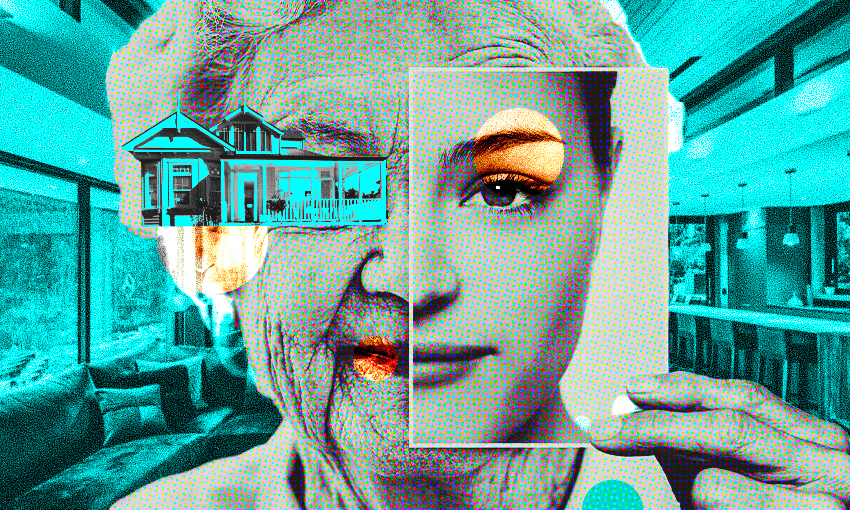Renting your home is linked to faster ageing than smoking or being unemployed, new research finds.
Forget needles, slugging, acid peels and retinol – there’s a new way to ward off society’s worst fear, looking old. Research released today finds that owning a house is a cornerstone of anti-ageing. We already know from tomes of research that if you want to live a long, healthy, happy life, then poverty is your enemy, but this study suggests landlords are too.
Analysis of blood samples and 10 years of British Household Panel Survey responses from 1,420 people living in the UK revealed that the cells and tissues of renters were more damaged than those of home-owners – in other words, renters were biologically older than their house-owning counterparts. The outward signs are familiar – first fine lines, then wrinkles. Other signs are probably feeling shit, getting sick and dying earlier.
I have been diligently stinging my eyes with retinol as often as I remember (maybe once a week) and I am peeved that I could have been directing my anti-ageing efforts at homeownership instead. Though give them enough time and the beauty industry will no doubt find a way to divide homeownership into 30ml doses, squeeze it into dropper bottles, and sell it at an eye-watering mark-up.
But wait, you say, surely the anti-ageing effects are really because people who rent have less money, worse diets, more stress, different backgrounds or smoke more? No. The researchers are one step ahead of you and already accounted for these, and other confounding factors. Interestingly, they also found that people who live in social housing were ageing at the same rate as homeowners once they accounted for other variables.
In Aotearoa, public housing tenants have higher levels of wellbeing than private sector tenants, says a Motu Research working paper released in September. This is despite having much lower average incomes and often having faced severe hardship before entering public housing. So why do private renters, often with “mum and dad” landlords, age the worst? The answer: instability.
Motu Research’s paper found a way that private tenants can have similar levels of wellbeing to that of public tenants: staying in the same house for 10-20 years. I have never met anyone who has rented the same house for that long. Maybe it’s because we like to distribute our earnings among the landlords, we get sick of flatmates, the landlord puts the rent up significantly, or they sell the house.
Having a landlord in your life seems to have a corrosive effect on your youthfulness, and it’s significant. The difference in biological ageing between renters and homeowners was greater than differences between former smokers and non-smokers, and employed and unemployed people in the UK study. If academics weren’t so careful and measured with their language they might say renting is worse for you than smoking. Falling behind in rent payments was linked to ageing even faster.
There is some good news. The effects are reversible. We may have just missed the dip in house prices which are expected to rise again soon, especially if there’s a new government, but at least we all know now that we should stop buying bottles of $50 face slime and save up to buy homes instead. Retinol is the new avocado.
If that doesn’t do it, the authors of the study say there are other ways to prevent premature housing-related ageing. “What it means to be a private renter is not set in stone but dependent on policy decisions,” they wrote. Limiting rent increases, giving renters security of tenure and improving their living conditions are cited as ways to help.
According to current polling, National is likely to be in government next month. So what are their plans for us rapidly decaying renters? They’ve pledged to allow landlords to evict tenants without cause. At least the afterlife is rent-free.



